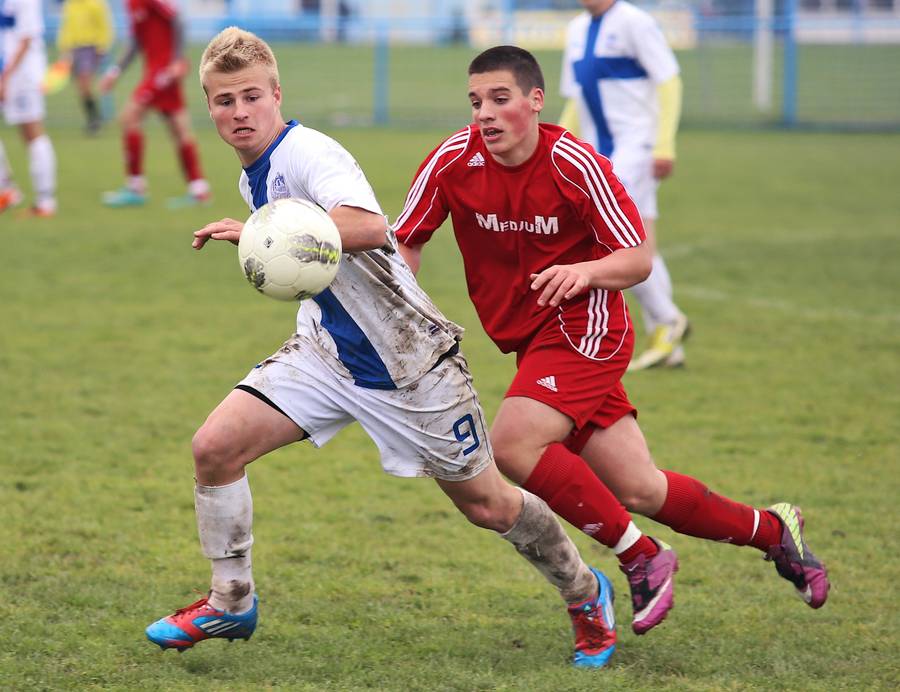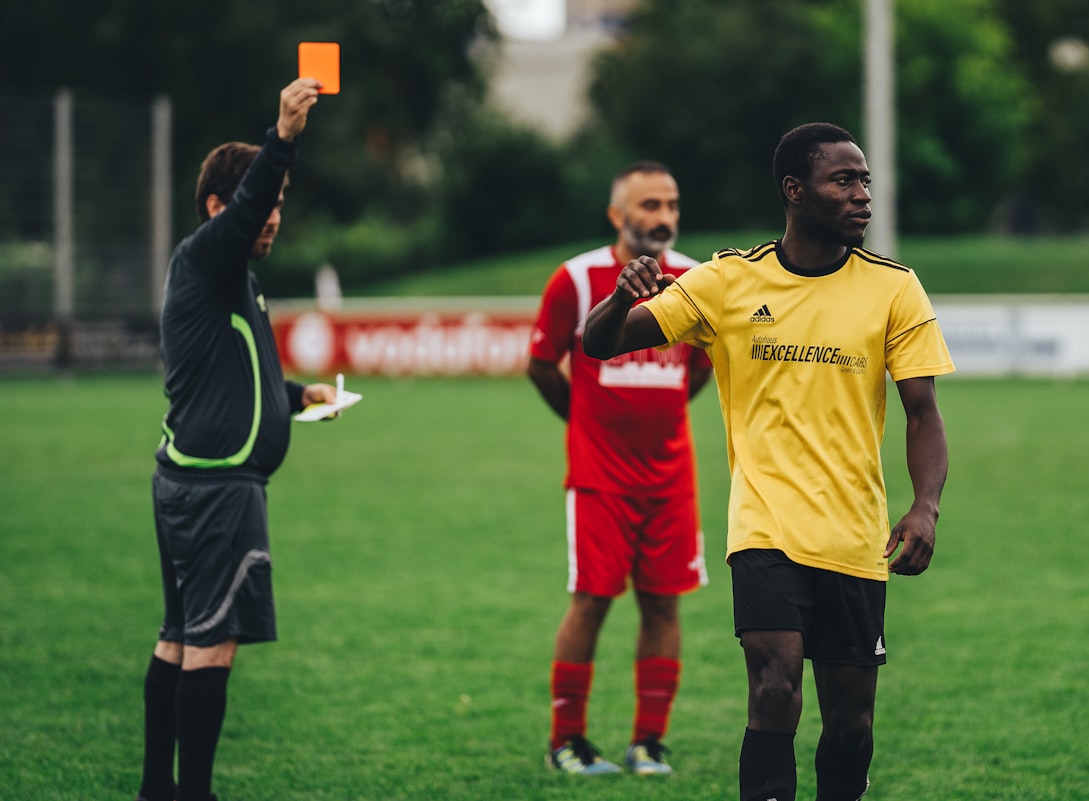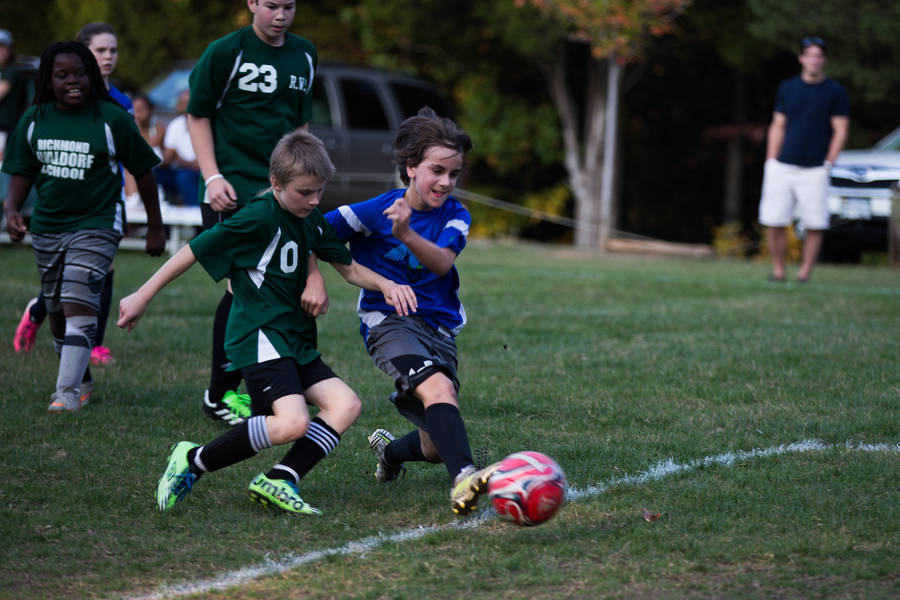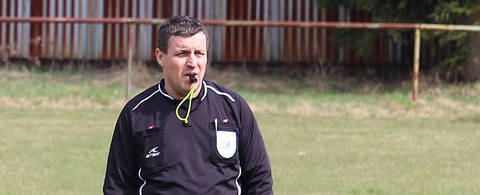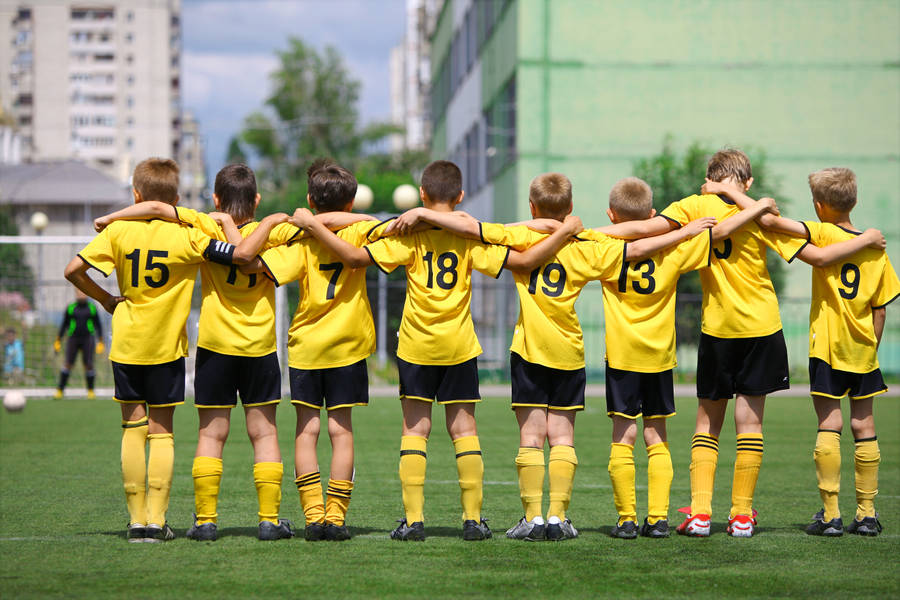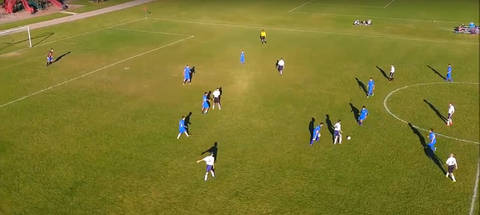
While the dream of becoming a professional football still remains the big draw for many players who participate in the grassroots game, many don’t realise the education they receive from playing football is preparing them for countless top careers outside of the game too.
The beauty of grassroots football lies in the authentic, unfiltered lessons about character, resilience and human nature it hands down every week. Every training session, every moment of pressure and every team talk contributes to a development process that shapes not just good footballers but future leaders, colleagues and community leaders.
Arguably Football's greatest gift to young people is its unflinching honesty about failure and success.
Unlike many aspects of modern life where gentle encouragement shield children from disappointment, football presents regular and unavoidable challenges that demand genuine growth.
The striker who misses a crucial chance, the defender who makes a costly mistake, the midfielder who loses possession in a vital moment all face immediate consequences that can’t be explained away or softened.
But it's precisely these moments of adversity that forge proper character. Research shows that football inspires character, leadership, resilience and teamwork all of which are absolutely key life skills that transfer from the pitch to the classroom and beyond. When a player learns to bounce back from a mistake, accepts responsibility for their errors and maintains focus despite setbacks they're developing psychological resilience that will serve them well throughout their career and personal life.
The twelve year old who learns to shake off a poor performance and prepares for their next match unaffected is practising the same mental skills they'll need when facing job interviews, relationship challenges or career setbacks decades later on. Winston Churchill’s famous quote springs to mind about failure not being fatal and being able to find the courage to continue that counts. Football teaches us that failure isn't final, it's information, feedback and opportunity rolled into one difficult but essential package.
One of grassroots football's most valuable lessons concerns leadership development. Unlike school or workplace environments where leadership is often formally appointed, football leadership emerges organically from contribution and character. The quiet defender who organises the back line, the midfielder who encourages struggling teammates, or the substitute who maintains team morale from the sideline all develop distinct leadership capabilities.
This type of leadership development enhances team cohesion, improves communication and increases players' confidence in their abilities while preparing them for future challenges and equipping them with essential skills for their personal and professional lives. The leadership lessons learned on the pitch translate directly to professional environments where influence often matters more than hierarchy.
A young player who learns to motivate teammates during difficult periods of a match is acquiring the same skills needed to rally colleagues during challenging projects, support family members through difficult times or inspire community action around important causes. Football leadership is authentic leadership. It’s earned through consistency, character and contribution rather than appointment or authority.
While corporate training courses teach teamwork theories, grassroots football provides thousands of hours of practical teamwork experience. Players learn when to assert themselves and when to support others, how to balance individual ambition with collective goals and how to navigate the complex dynamics of group success and failure.
Football teaches that each player contributes to the success of the team so understanding and trusting your teammates is crucial. This understanding extends far beyond the game too. The adult who learned to trust teammates' abilities despite their different strengths and weaknesses can carry this collaborative mindset into professional partnerships and their family relationships.
The player who learns to play to their teammates' strengths rather than highlighting their weaknesses develops empathy and strategic thinking that proves invaluable in management roles.
The defender who learns that preventing goals is as valuable as scoring them understands that success often comes through unglamorous but essential contributions, a lesson that serves them well in any career requiring collaboration and shared responsibility.
Balancing football with academic responsibilities teaches practical time management skills that many adults, me included, struggle to develop. Young players learn to prioritise competing demands, plan ahead for training and matches and manage their energy levels across multiple commitments.
The student who can successfully juggle their schoolwork, football training and social commitments develops organisational capabilities that prove invaluable throughout their professional life.
Most importantly, football teaches the relationship between commitment and reward. Players learn that consistent effort over time produces better results than sporadic bursts of enthusiasm. They discover that preparation often determines performance, that shortcuts rarely work and that sustainable success requires sustainable habits. These lessons about dedication and consistency apply directly to career development, relationship building and their own personal growth.
Football provides constant opportunities to develop emotional intelligence through high pressure social situations. Players must quickly read teammates' confidence levels, recognise when opponents are becoming frustrated and adapt their communication style accordingly.
There is endless research that reinforces "participation in sports may have the potential to enhance personal development and improve skills such as communication and leadership." These emotional intelligence skills prove crucial in professional environments where technical competence alone rarely determines success. The ability to read social situations, respond appropriately to the emotional states of others and manage one's own personal reactions under pressure becomes invaluable in careers requiring interpersonal effectiveness.
The game of Football also presents constantly evolving problems that require immediate solutions.
Players must analyse opponents' strategies and strengths, adapt to changing match conditions and find creative responses to tactical challenges. These problem solving skills extend beyond individual challenges to collective solutions. Teams that learn to adjust their approach when falling behind, change tactics when facing different opponents or maintain performance levels despite key players being unavailable develop collaborative problem solving capabilities that mirror many challenges in the workplace.
Grassroots football also creates diverse social networks that often prove crucial for personal and professional development. Players connect with teammates from different backgrounds, coaches who provide alternative perspectives and even sometimes opponents who become friends. These relationships frequently persist long after active playing careers end, creating professional networks and lifelong friendships.
The social connections formed through football often provide career opportunities, business partnerships and community involvement possibilities that extend the sport's influence throughout players' lives. The networking skills developed through football, building relationships based on shared experiences, maintaining connections across different contexts and leveraging social capital appropriately to put yourself ‘out there’ prove valuable in virtually every career path.
The game also requires effective communication across multiple contexts and audiences. Players learn to convey information quickly during matches, provide constructive feedback without damaging relationships and communicate effectively with authority figures like referees and coaches. They develop both verbal and non-verbal communication skills while learning to adjust their style for different situations.
These communication skills developed through football such as clarity under pressure, constructive criticism, supportive encouragement and respectful disagreement all transfer directly to professional and personal relationships throughout their future lives.
Perhaps most significantly, grassroots football provides players with a sense of identity and belonging that proves crucial for psychological wellbeing throughout life. The shared experiences of training, competition, triumph and disappointment create bonds that endure long after active playing careers end.
Recent developments in English grassroots football, including new progressive frameworks launching in 2026-27, aim to "further improve the experience for young players across the country," suggesting continued recognition of football's broader developmental value beyond pure sporting achievement.
While professional football careers remain elusive for most players, the life skills developed through grassroots participation prove universally valuable and immediately applicable. The discipline, resilience, teamwork, leadership and character development that grows through local football creates foundations for success in virtually any career or life circumstance.
That’s why the true measure of grassroots football's success lies not in the volume of professional players it produces, but in the teachers who learned patience through managing difficult teammates, the entrepreneurs who developed resilience through countless defeats, the parents who discovered how to encourage rather than criticise and the community leaders who learned to bring people together around shared goals. These are the real graduates of football's hidden education.

